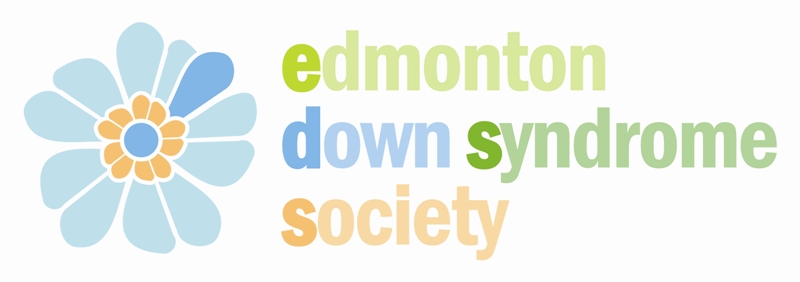Adolescence (12-18 yrs)
Development:
While some children continue with mainstream schooling in their junior and secondary schools, this is often the age at which a gap in development between a child with Down syndrome and other children starts to widen. For this reason some young people with Down syndrome choose to go into a more specialized education.
Adolescents with Down syndrome go through changes associated with puberty at the same time and in the same order as their peers. Sometimes their lack of emotional maturity makes this a very difficult time and they require plenty of information, support and guidance to help them through. Information about relationships and sex, appropriate and inappropriate behavior, hygiene and bodily changes needs to be presented in an effective way that the young person will find easy to understand. Using drawings, pictures, books and videos will help illustrate concepts.
At this time young people with Down syndrome become aware that they possess some differences from the typical population. Help will be needed to understand what Down syndrome is and how it has affected their development. A positive self-image is very important, clothing and hairstyles should be up-to-date and age appropriate.
Activities and social lives need to reflect the age of the young person; more opportunities to have some independence from the family and to be an individual should be encouraged. Young people may need more support to access social facilities, but once there, parents need to stay in the background.
Information about keeping safe is important to ensure that individuals are not exploited or abused. Taken gradually, with plenty of opportunities for practice, young people will not face situations unprepared, and risks will be minimized.
From the age of 18 a transition planning process will begin, involving the young person, their parents and school staff or PDD. At school leaving age, the young person needs assistance to make decisions about what to do next. Many people with Down syndrome stay in school until they reach 20, after which options include college, job training, work experience or day resources.
Further education can offer the chance to increase ‘life skills’ and independence. Some colleges have a good range of inclusive courses where people with Down syndrome can study alongside other students. Other courses are more specifically geared towards people with learning disabilities.
For many people with Down syndrome, obtaining satisfying employment is extremely important. There are programs that offer on the job training that enables a person with a learning disability to receive help and support on the job until they have mastered all of the skills necessary to do the job independently.
Medical
History:
- Review interval medical history
- Continue with low level of suspicion for celiac
- Questioning specifically about the possibility of obstructive airway disease and sleep apnea (restless sleep, snoring, day time fatigue)
- Check sensory functioning (vision and hearing)
- Assess for behavioral problems
- Address sexuality issues.
Exam:
- General physical and neurological examination (with reference to atlanto-axial dislocation).
- Monitor for obesity by plotting height for weight on the growth charts for typical children.
- Pelvic exam if sexually active, only. Consult gynecologist experienced in working with individuals with developmental disabilities to address issues of sexuality and/or for pelvic examination for sexually active teenager.
- Perform a careful cardiac exam in adolescents, looking for evidence of valvular disease. Or if symptomatic, Echocardiogram (if evidence of valvular disease on clinical exam.)
- Lab and consults: Thyroid function testing (TSH and T4) yearly.
- Hearing and vision evaluations every year.
- Cervical spine x-rays as needed – only for Special Olympic participation
- Continue twice-yearly dental exams.
- Testicular Exam for boys as increased risk of testicular CA in this population.
Developmental:
- Psycho-educational evaluations as needed. Monitor academic performance and individual Program Plan (IPP) every two years through schools
- Monitor independent functioning.
- Continue speech/language therapy as needed.
- Health and sex education, including counseling regarding abuse prevention.
- Smoking, drug, and alcohol education.
Recommendations:
- Begin transition planning (age 16). Consider enrollment AISH, PDD
- SBE prophylaxis needed for individuals with cardiac disease.
- Continue dietary and exercise recommendations (see childhood, above).
- Discuss estate planning and custody arrangements.
- Encourage social and recreational programs with friends.
- Register for voting and selective service at age 18.
- Discuss plans for alternative long term living arrangements such as community living arrangements (CLA).
- Reinforce the importance of good self-care skills (grooming, dressing, and money handling skills).
